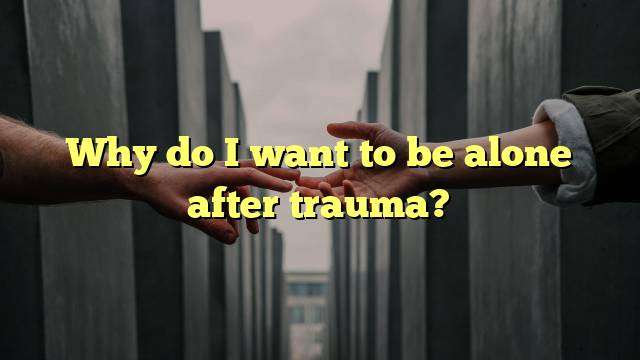The Impact of Childhood Trauma on Self-Esteem
The effects of childhood trauma can be far-reaching and long-lasting, often impacting an adult’s self-esteem. Trauma can cause intense and pervasive feelings of shame, leading to isolation and the belief that any attempts to socialize are futile. Those who have experienced trauma may view themselves as unlovable, unlikable, and unworthy of affection, expecting rejection from those around them.
The Power of Isolation
In order to cope with their feelings of shame and low self-esteem, adults who have experienced childhood trauma may choose to isolate themselves from others. They may find comfort in being alone and may even feel safer in isolation than they do in social situations. This feeling of safety is fueled by the belief that they can’t be rejected if they’re not engaging with others. It’s a way of avoiding the potential pain of being turned away or judged harshly.
The Need for Connection
While isolation can provide a sense of safety and comfort, it can also be a source of loneliness and depression. Humans are social creatures and need connection. Without it, we can become isolated and lonely, which can lead to further feelings of low self-esteem.
Healing from Trauma
It can be difficult to break out of the cycle of isolation and fear of rejection that can follow childhood trauma. But it’s important to remember that healing is possible. Here are some tips for those who have experienced trauma and are struggling with feelings of self-loathing and isolation:
1. Talk to someone
The first step in healing is to find someone to talk to about your experience. This could be a friend, family member, or a therapist. Reaching out can be difficult, but it’s important to open up and share your story.
2. Practice self-care
Self-care is essential for healing. Take time to do activities that bring you pleasure and peace, such as reading, walking in nature, or cooking. It’s also important to practice good self-care habits such as eating healthy, exercising, and getting enough sleep.
3. Set boundaries
It’s important to set boundaries with the people in your life to protect yourself from further harm. This could mean saying no to certain activities or choosing not to be around certain people.
4. Seek professional help
For some people, professional help is necessary in order to fully heal from childhood trauma. A therapist can provide guidance and support as you work through your feelings and experiences.
The Journey Ahead
Healing from childhood trauma takes time and effort, but it is possible. Taking small steps to reach out and connect with others, practice self-care, and set healthy boundaries can help to build self-esteem and reduce feelings of isolation.
